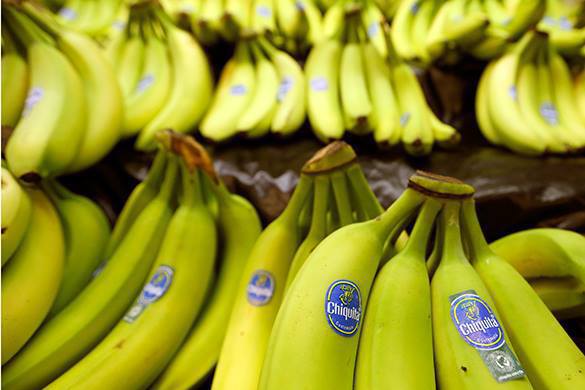Prebiotics inhibit cancer, enhance immune system
Both probiotics and prebiotics are involved in nurturing good bacteria that our digestive tract requires for proper health. It has been scientifically established that prebiotics improve intestinal health, enhance the immune system and inhibit cancer. Moreover, prebiotics reduce symptoms of bowel related diseases, such as ulcerative colitis, Crohn's disease, irritable bowel syndrome and celiac disease.

Probiotics are live, active cultures capable of multiplying in numbers whereas prebiotics serve as the food source for probiotics and do not grow or reproduce.
Also read: Modern yoghurts fool generations
According to regulation standards, prebiotics are made up of nondigestable carbohydrates (fiber) that are used by bacteria in the colon to produce measurable health benefits. Naturally found in food, a prebiotic is not broken down or absorbed by the gastrointestinal tract. Beneficial bacteria use this fiber as a food source in a process called fermentation.
Prebiotics are considered functional foods in that they provide numerous health benefits and aid in the prevention and treatment of diseases and health conditions. Currently, there are only two major types of prebiotics well documented: Inulin and oligosaccharides. Examples of food sources that contain prebiotics are onions, leeks, asparagus, bananas, garlic, honey, dandelion greens, Jerusalem artichoke.
Inulin and oligosaccharides are short-chain polysaccharides, or chains of carbs, which act at different locations in the colon ensuring complete intestinal health. By increasing and maintaining the populations of good bacteria, the body is less susceptible to pathogenic bacteria that can lead to a diverse range of negative health consequences.
Pravda.Ru
Read full article on Natural News
Read article on the Russian page of Pravda.Ru
Subscribe to Pravda.Ru Telegram channel, Facebook, RSS!




